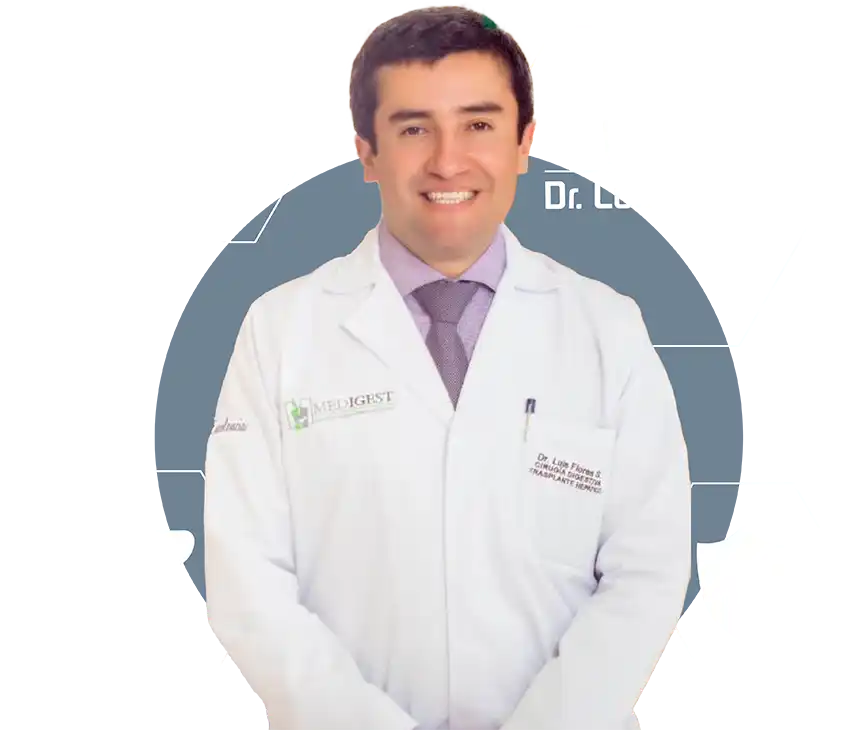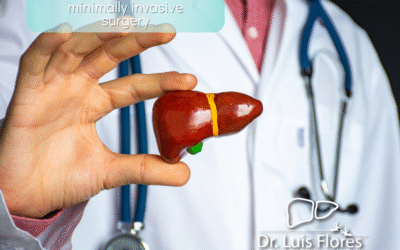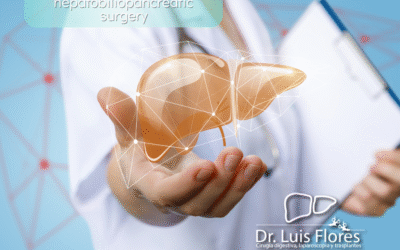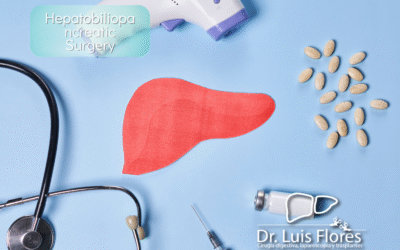The liver is one of the most important organs in the human body, performing multiple vital functions to maintain our health. Located in the upper right part of the abdomen, it works tirelessly to process nutrients, detoxify the body, and regulate metabolism. Below, we will explore some of the liver’s most essential functions and why it is crucial for our well-being. More information!!
1. Nutrient Metabolism
The liver plays a key role in processing the nutrients we get from food.
- Carbohydrate processing: It converts carbohydrates into glucose, which is then used as an immediate energy source or stored as glycogen for later use.
- Protein synthesis: It produces essential proteins, like albumin, which helps transport substances in the blood, and clotting factors, which prevent excessive bleeding.
2. Body Detoxification
One of the liver’s most well-known functions is its ability to detoxify the body.
- Filtering toxins: The liver acts as a filter, removing toxins and waste products from food, alcohol, medications, and other substances.
- Processing alcohol and drugs: The liver breaks down alcohol and medications so they can be safely eliminated from the body.
3. Bile Production
The liver also produces bile, a digestive fluid essential for fat absorption.
- Fat digestion: Bile is stored in the gallbladder and released into the small intestine when we consume fatty foods. This fluid aids in the digestion and absorption of fats and fat-soluble vitamins (A, D, E, K).
- Bilirubin elimination: Bile also helps eliminate bilirubin, a waste product resulting from the breakdown of red blood cells.
4. Fat Metabolism Regulation
The liver plays a crucial role in fat metabolism.
- Fat storage: When we consume more fat than needed, the liver stores it as triglycerides.
- Cholesterol production: The liver produces cholesterol, which is necessary for hormone production and cell membrane formation.
5. Storage of Vitamins and Minerals
The liver stores several essential vitamins and minerals for the body.
- Vitamin storage: It stores vitamins A, D, E, K, and B12, releasing them when the body needs them.
- Iron storage: The liver also stores iron, a key mineral for the production of hemoglobin and the distribution of oxygen throughout the body.
Conclusion
The liver is a multifunctional organ essential for life. Its ability to metabolize nutrients, detoxify the body, produce bile, and regulate fat metabolism makes it the engine that keeps the body functioning optimally. Taking care of your liver is crucial, and maintaining a balanced diet, avoiding excessive alcohol consumption, and having regular check-ups with experts like Dr. Luis Flores, a general and digestive surgeon in Cuenca, can help you protect this vital organ.
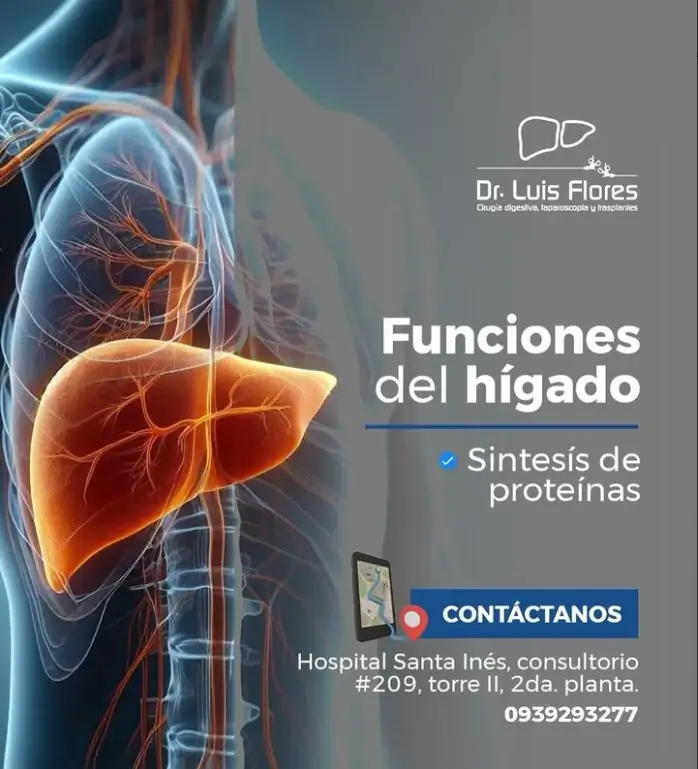
Find more information on our social platforms. Here!!

